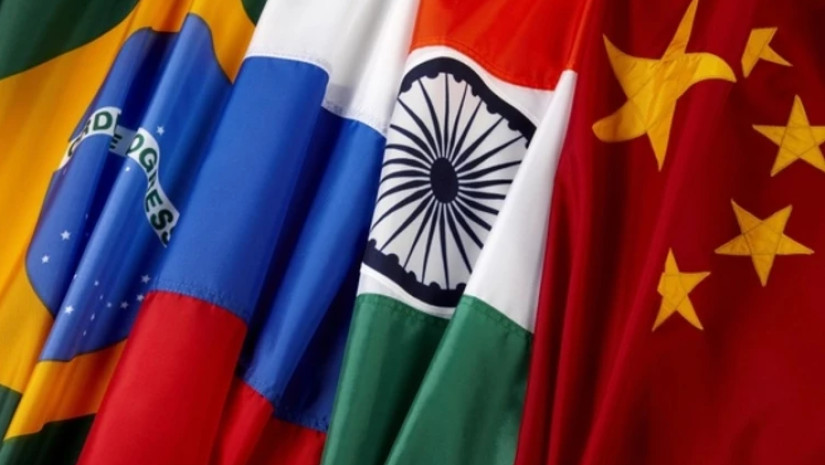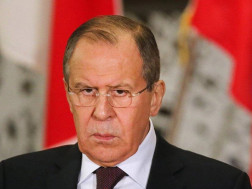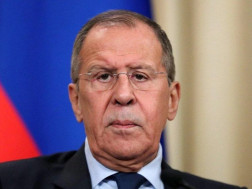Brazil has resisted gathering momentum in the BRICS group of major emerging economies to add more member countries, but debate over admission criteria seems inevitable at this month's summit, three Brazilian government officials told Reuters.
The group including Russia, India, China and South Africa, has been hailed by some as a counterweight to traditional diplomatic forums like the G7. BRICS makes decisions by consensus, so Brazil's assent will be key to any expansion.
China, looking to increase its political clout at a time of trade tensions with the United States, has long pushed to expand BRICS membership. Russia, isolated diplomatically over its war in Ukraine, is also embracing the chance to court allies.
South Africa, which chairs the group this year, held a "Friends of BRICS" meeting in June with several countries eager to join. Even India, long wary of rapid expansion, may have come around to the idea in principle, sources said.
However, Brasilia is concerned the group will lose stature if other nations are let in. Some 30 countries have said they are interested and 22 of them have formally applied, as Algeria did last month.
"An expansion could transform the bloc into something else," said a Brazilian official, who asked not to be named. "Brazil's position has been concerned with the cohesion of the group and preservation of our space in a group of important countries."
Two of the three Brazilian officials attended a recent foreign ministers meeting in Cape Town, which addressed the matter ahead of the Aug. 22-24 BRICS summit in Johannesburg.
Diplomats were told to go back to the drawing board and design a process for admitting new members acceptable to the entire group. Without an agreement, the matter is not expected to be settled at this month's summit.
The BRICS group accounts for more than 40% of the world population and about 26% of the global economy and offers an alternative forum for countries outside diplomatic channels seen as dominated by traditional Western powers. Its influence and economic heft has more nations eager to join.
China's foreign ministry confirmed its interest in a swift expansion, saying in a statement that Beijing "supports progress in expanding membership and welcomes more like-minded partners to join the 'BRICS family' at an early date."
Russia said expansion would be high on the agenda of the upcoming BRICS summit. President Vladimir Putin will not attend as he faces an international arrest warrant.
"This is a very important topic because we see more and more countries are making statements about their intention of joining BRICS," Kremlin spokesman Dmitry Peskov told a news briefing.
India's foreign ministry did not respond to a request for comment. A government official told Reuters: "India has reservations about the expansion ... If it has to happen, then it needs to happen through consensus."
South Africa, the first beneficiary of a BRICS expansion in 2010, now supports inclusion of new members, though South African President Cyril Ramaphosa has said the expansion formula requires "closer scrutiny and understanding."
Brazil's government will argue that any expansion should be gradual, maintain regional balance and keep pre-eminent roles for the five permanent members, the sources in Brasilia told Reuters.
New members could be admitted as partner countries participating in summits without becoming full members, as in other international organizations, one Brazilian official said.
"Brazil is going to have to give in at some point because we are realistic and it is not in our nature to block things," said the official. "But it won't be good for us."
"Brazil has been comfortable in the past allowing India to take the front seat in opposing expansion," said BRICS watcher Oliver Stuenkel, a professor at the Getulio Vargas Foundation in São Paulo. But India appears to have toned down its resistance, he added.
Indonesia is a strong candidate to join BRICS given its regional power, growing role in the global economy and lack of global controversies, Stuenkel said.
By contrast, including Iran, Venezuela or Saudi Arabia would change the dynamics of the group and make it more difficult for countries like Brazil to retain their influence, he said, Reuters reports.























